Management in Practice
Can Faith Power Social Change?
A collaboration between the nonprofit Ashoka and Trinity Church Wall Street, launched by Anne Evans ’78, aims to harness the passion among people of faith for making positive change.
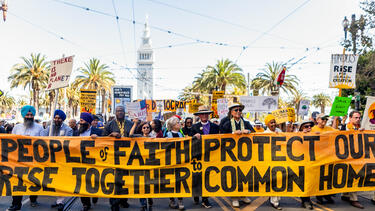
Tallying the Social Cost of Carbon
Casey Pickett ’11, director of the Yale Carbon Charge, explains how to put a dollar value on the myriad choices that make up our response to the climate crisis.
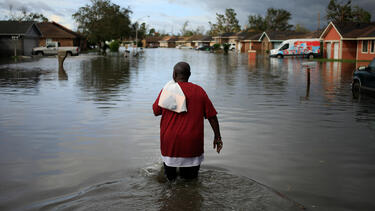
How the Philadelphia Schools Confronted Systemic Racism
William Hite, Philadelphia’s superintendent of schools, describes how the system sought to create an inclusive process for rooting racism out of its structures.
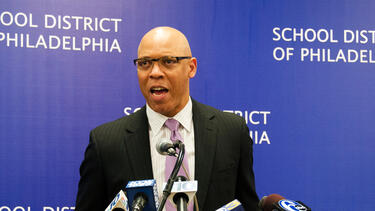
A Look Back at 2021 through Our Top Stories
This year, many of our most-read stories examined facets of the continuing COVID-19 pandemic, including the challenges of vaccination, the return to in-person work, the effectiveness of masks, and the bottleneck in the supply chain.
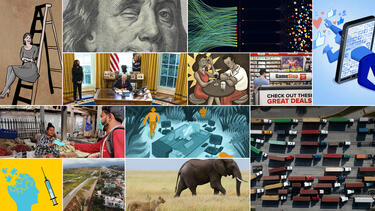
Navigating a New Now: Time to Prioritize Company Culture
Laszlo Bock ’99, founder and CEO of Humu, highlights the importance of company culture for keeping workers motivated and delivering results despite the challenges of the moment.
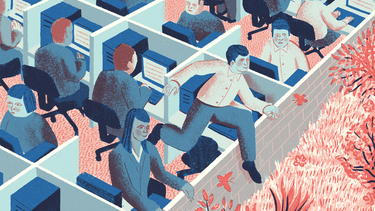
Navigating a New Now: What a New York City Doctor Has Learned During the Pandemic
Dr. Charles Powell ’19, chief of pulmonary critical care for Mount Sinai, says that promising new approaches to research, diagnosis, and treatment have emerged from the devastation.

Navigating a New Now: Prioritizing a Vulnerable Community
Dr. Suzanne Lagarde ’14, CEO of Fair Haven Community Health Care, explains how she adapted vaccine delivery to meet the needs of the community even as the unrelenting pandemic took a toll on her staff.
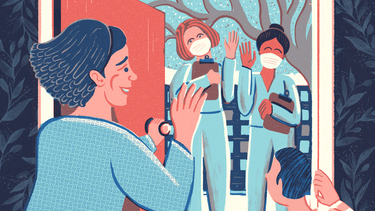
Is Seattle Prepared for Climate Change?
Ann Grodnik-Nagle ’06, climate policy advisor for Seattle Public Utilities, says that Seattle is focusing on both mitigation and adaptation, prioritizing vulnerable communities of color.
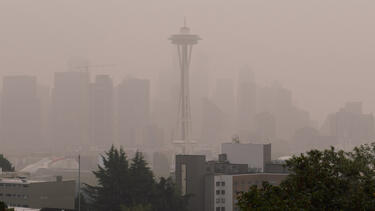
Piloting a California Plant Nursery through COVID, Drought, and Wildfires
Haydi Danielson ’84, co-owner of a commercial nursery in California, discusses leading a family business through the COVID-19 pandemic and the drought and wildfires affecting her home state.

We Need to Acknowledge the Problem of Senior Poverty
Joe Seldner ’84, founder of the Senior Poverty Prevention Project, calls for problem solvers to take on an issue getting little attention.
